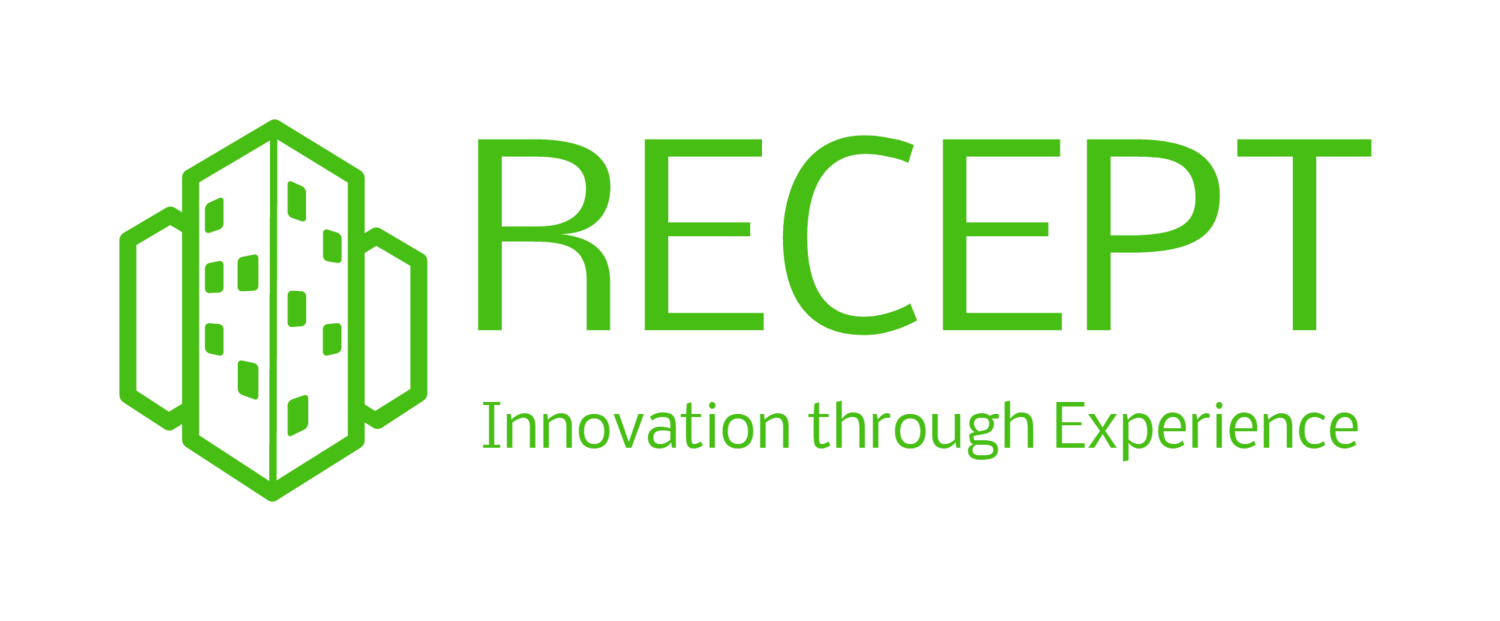A little side issue in my blog today, but something that I feel is important.
The dictionary definition of censorship,
‘is the censoring of books, plays, films, or reports, especially by government officials, because they are considered immoral or secret in some way’. (See Note 1)
According to the Committee to Protect Journalists (CJP), between 2018 and January 2020 over 130 journalists and media workers were killed worldwide. CJP found that during 2019, over 250 journalists around the world were imprisoned for their work. (see Note 2)
On April 17, 2020, Ian Murray of the Society of Editors, responding to the announcement of the winners of the Index on Censorship Freedom of Expression Awards said
'the awards shone a light on the tremendously valuable and all-too-often heroic work carried out by journalists across the globe working in some extremely difficult conditions.’
It is in my view therefore deeply insulting to all those award winners and other journalists striving for, being imprisoned for, and even dying in order to publish the truth, for the same Ian Murray to say yesterday that the actions of The Duke and Duchess of Sussex (in refusing to engage with certain parts of the UK press)
‘amount to censorship and they are setting an unfortunate example.’
a comment that was picked up and repeated in many headlines in the UK and across the world.
By conflating what is essentially a private dispute (albeit played out in public) and which is obviously not censorship, with the actions of repressive regimes against journalists, Mr. Murray risks providing those regimes, across the world, with a reason to legitimise and excuse genuine and ongoing censorship’. In essence, he is creating the ‘unfortunate example’ where no example actually exists.
In its tag line the Society of Editors claims to be ‘fighting for media freedom’ if it genuinely cares about such freedoms and the journalists who are dying to protect those freedoms, it would do well to provide an immediate clarification of Mr. Murray’s comments.
In order to provide an opportunity for clarification, we contacted Mr. Murray who said
‘I fully appreciate that there are significant differences between the spat between sections of the UK media and the Duke and Duchess of Sussex and those standing up to the threat of censorship, violence and worse in other parts of the world.’
On the face of it, Mr. Murray seems to understand that there is a difference between a private spat (his word) and the brutal repression of free speech through censorship, but he goes on to attempt to suggest that the actions of the Duke and Duchess of Sussex potentially
‘excuse such actions [and] provide for other rich and powerful people, governments and organisations to use them as an example to avoid transparency and undermine a free press….. This may be, as you state here, a private dispute, yet it is played out in public and it is to the court of public opinion that politicians, celebrities, and the rich and powerful appeal.’
Mr. Murray obviously does not understand that there is no ‘court of public opinion’ where true censorship is imposed and that there is a clear and vital distinction to be made to distinguish repressive state-sponsored censorship, from the use of money and influence to suppress celebrity gossip, whether the latter undermines the freedom of our press, or not. He should perhaps choose his words more carefully in future.
#opinion #censorship @EditorsUK @editorianmurray @indexcensorship @pressfreedom
Sources
1. Collins British English Online Dictionary
2. News Post dated February 14, 2020 by Society of Editors
